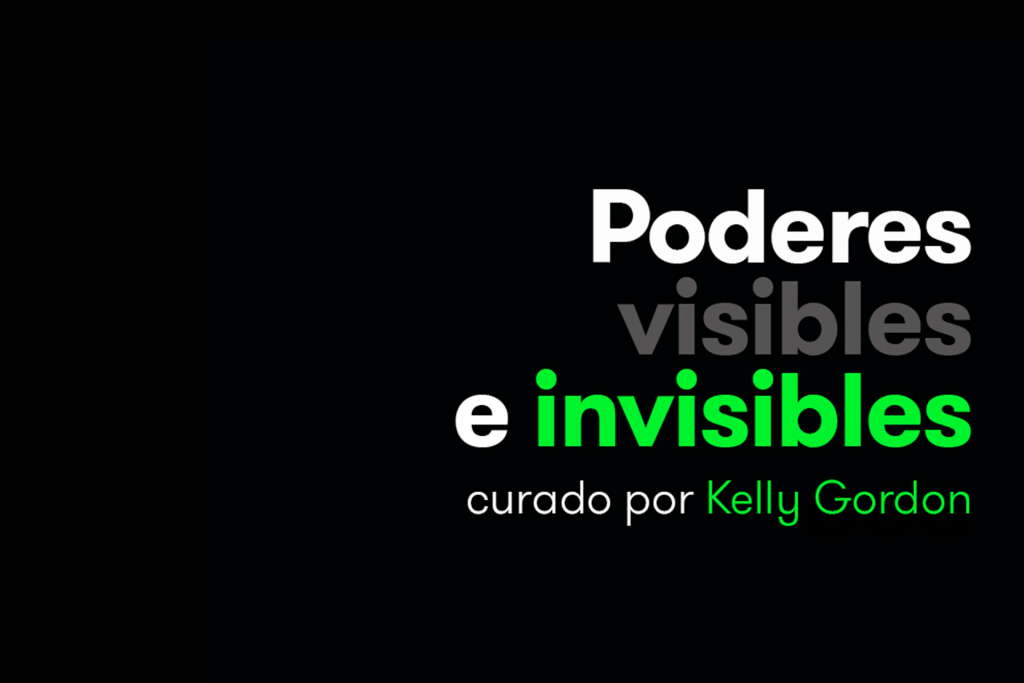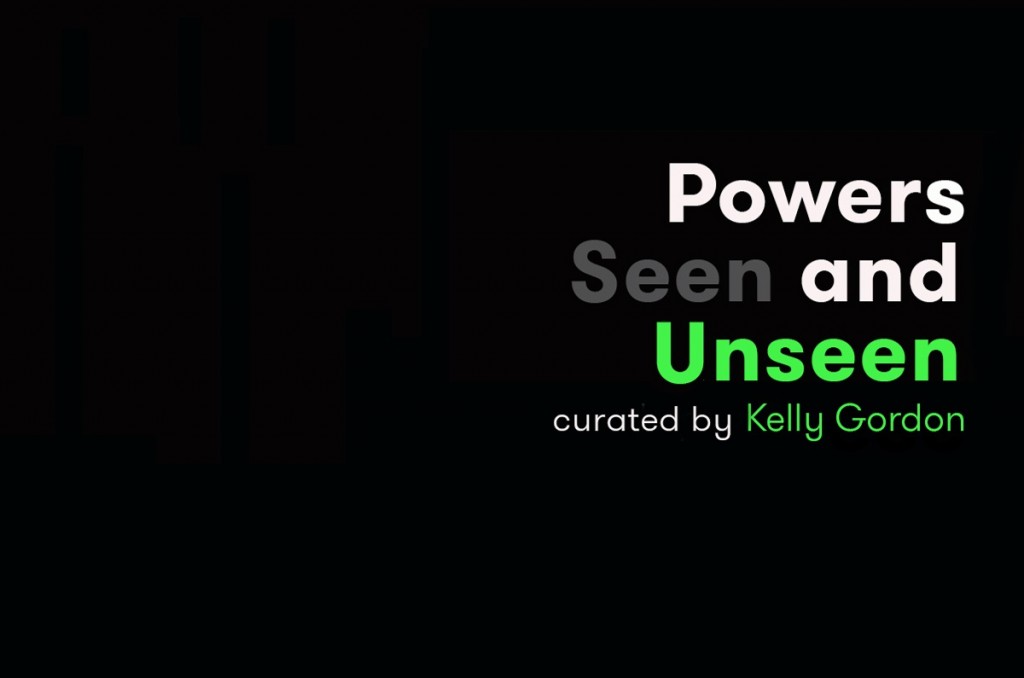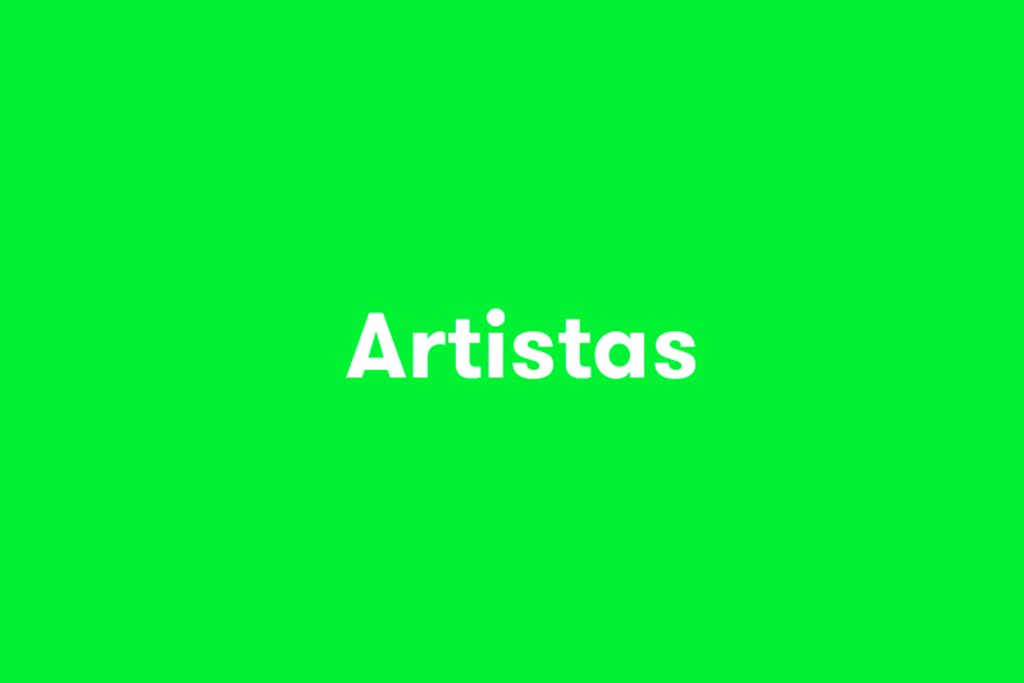Tag: Matthew Weinstein
«Poderes visibles e invisibles»
Todo arte progresivo protesta el dominio de lo que hubo antes. Incidentes fabricados e imágenes intrigantes evocan presiones y tensiones con la vivacidad de sueños y pesadillas en Poderes visibles e invisibles [POWERS SEEN AND UNSEEN], una selección internacional de piezas recientes de imagen en movimiento, bajo la curaduría de Kelly Gordon –experta en medios basados en el tiempo y curadora invitada de nuestro programa Global Visions–. En ellas resalta un conjunto de estrategias artísticas distintivas, cada cual abona al reconocimiento de “fuerzas” visibles, invisibles, exteriores e interiores.
«Powers Seen And Unseen»
All progressive art protests the dominance of what has gone before. Staged incidents and riveting imagery evoke pressures and tensions with the vividness of dreams and nightmares in POWERS SEEN AND UNSEEN [Poderes visibles e invisibles]. This international selection of recent moving image art, curated by Washington-based guest curator of Global Visions, Kelly Gordon, that highlights an array of distinctive artistic strategies. Each cultivates awareness of “forces,” visible, invisible, exterior and interior. The exhibition designer is Gaëlle Smits.
Lo irreal y lo hiperreal: Conversación con Matthew Weinstein
Por Elvira Blanco Santini y Matthew Weinstein. Lo que sucede usualmente en el mundo del arte, en vista de que la mayoría contamos con presupuestos limitadas, es que la tecnología tiene que estar comercialmente disponible primero. Por ejemplo Maya, el programa que utilizo, que ahora cuesta 120 dólares al mes: cuando comencé, tenía que inscribirme en clases en NYU para poder utilizarlo en sus laboratorios, porque era excesivamente caro. Sólo logré explorar todo el potencial de Maya una vez que estuvo más accesible y pude tenerlo en mi estudio siempre. La realidad virtual me parece extremadamente interesante, pero debo esperar que la tecnología esté en mi nivel para poder asimilarla realmente a mi trabajo. Sé que eventualmente sucederá.
Unreal and Hyperreal: A Conversation with Matthew Weinstein
In the case of films and videogames, we tend to take visual effects for granted, without truly understanding them as fictions. We don’t stop and say: ‘there’s a lens flare’ or ‘there’s a 3D animated character’, we just accept them. But when you give someone digital literacy, and they begin to know how those things are made, they start to see them differently –to really see them as fictions. In general, we go through life inhabiting spaces and using things that we have no idea how they’re made. I for one don’t understand how a computer works; it’s kind of a mystery to me. I guess I could read five books about it, but I probably won’t, so I just accept it. A person that works with me builds computers and has a deep understanding of how they work, so he doesn’t get angry and frustrated when they crash –he has power over them. Digital literacy, then, is about power: empowering people to not be just passive receivers.










